When it comes to social isolation it’s term is often times mistaken for loneliness. Although they’re both similar in some ways, they each have their own distinct characteristics.
Social isolation for example is when there’s an absence of social interactions between individuals and society which can lead to loneliness.
The term loneliness can be defined more as a dissociated state of mind of what a person wants or expects from their relationships and what they actually experience.
As human beings we’re social creatures and our connection to others enables us to both survive and thrive in the world. As we get older, there are many of us who are alone more often than when we were younger, leaving us vulnerable to social isolation and loneliness.
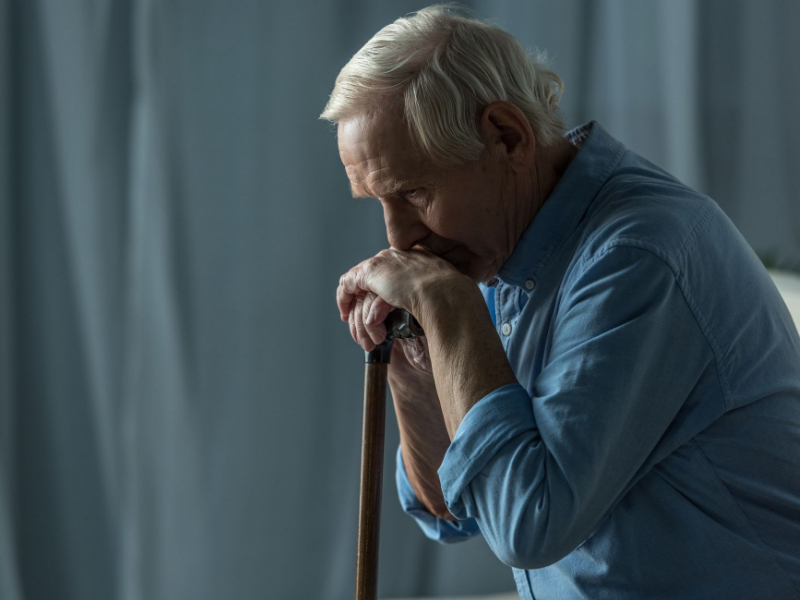
There are different types of home care related agencies that claim they could assist with social isolation but unfortunately that’s not the case.
As a full suite, home health care agency, JanCare Private Health Services provides everything you need under one roof and because of that we often times care for individuals such as seniors who are affected by social isolation that need our help for treatment or to care for them.
For this reason, we’re proud to provide you with a wealth of information to help you better understand and address social isolation.
The effects of social isolation and loneliness should be taken very seriously as it could have severe negative effects on the health of older adults ages 45 and older.
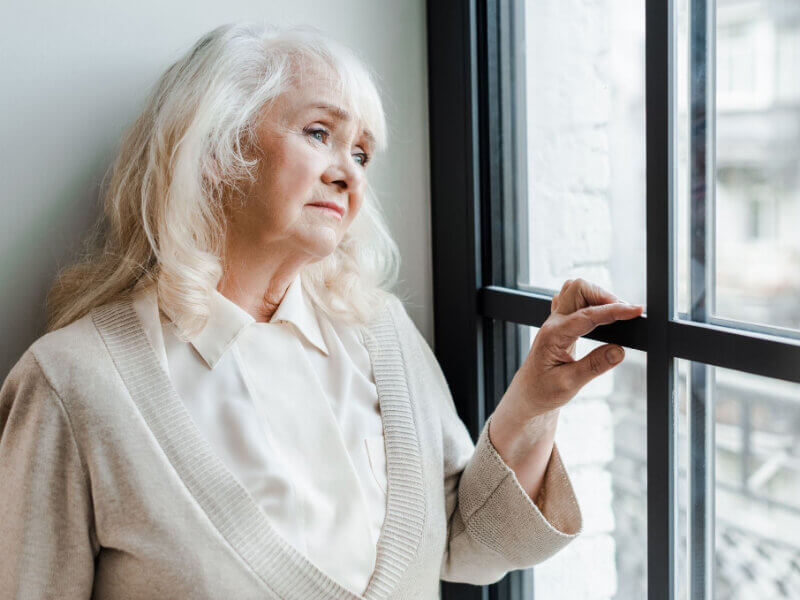
One study found that lonely seniors have a 59% higher risk of physical and mental health decline, and a 45% greater risk of death.
Who Experiences social Isolation?
The types of people that experience social isolation are those that are disconnected from there friends, family, and community.
Even if that person were within a crowd of people, the same feeling of being alone would still exist giving them the feeling that they have no one to call on if they needed help.
A 2016 report stated that 30% of seniors over the age of 66 have fewer than two people that they could rely on if they needed help.
There’s also cases where changes in one’s life such as moving to a new city or state, having a baby, and simply having a run of bad luck can cause social isolation.
Let’s use an example to help you grasp the life of someone who is experiencing social isolation a little better.

We have Tom, a 29 year-old man who spends most of his time at home watching television. He works from home as a customer support specialist talking to different people everyday and lives by Peekskill Hollow Rd in Putnam County NY. He’s tech savvy so he orders most of his food and supplies online, and he has them shipped to his house. He has a handful of friends he doesn’t talk too, doesn’t participate in any social activities, and overall has very little social contact with other people. The few times that he does try to talk to people ends up in short conversations that are sometimes uncomfortable. The only person he really speaks to on a regular basis is his 65 year old father who lives in a quiet town on Walker Rd in Duchess County, NY. In this example, Tom is experiencing social isolation.
Hopefully this example helped you to understand a bit about how what appears to some is a normal life is in fact social isolation.
The 2020 Cigna survey found that 79 percent of Generation Z and 71 percent of millennials are lonely versus 50 percent of boomers.
Meaning social isolation is all around us and most likely there are those that notice their friends or family are social isolated but simply don’t know to take action against it.
There’s so many dangers to being isolated from the world that will be addressed next.
What Are The Causes of Social Isolation?
These relationships can be anything from family members to friends who could begin spending less time around the affected in individual or in some cases the individual themselves may begin to pull away from others.
- A decline in health and mobility
- Developmental delays
- Intellectual disabilities or neurological disorders, such as Asperger’s syndrome
- Underdeveloped social skills or communication issues
- and problems understanding social cues.
The result of these issues can make the affected individual may feel ashamed, embarrassed, or scared. At the same time, the people around the affected individual may also avoid contact with them which can just as easily cause social isolation as well.
What Are The Dangers of Social Isolation?
Social Isolation is a risk factor for mental health and physical conditions which can have negative impacts on a person’s health and in some cases make them worst.
Fortunately, there is now more than enough data that shows a link between social isolation and loneliness being higher risks for things like high blood pressure, weak immune systems, cognitive decline, Alzheimer’s disease, death, and so much more.
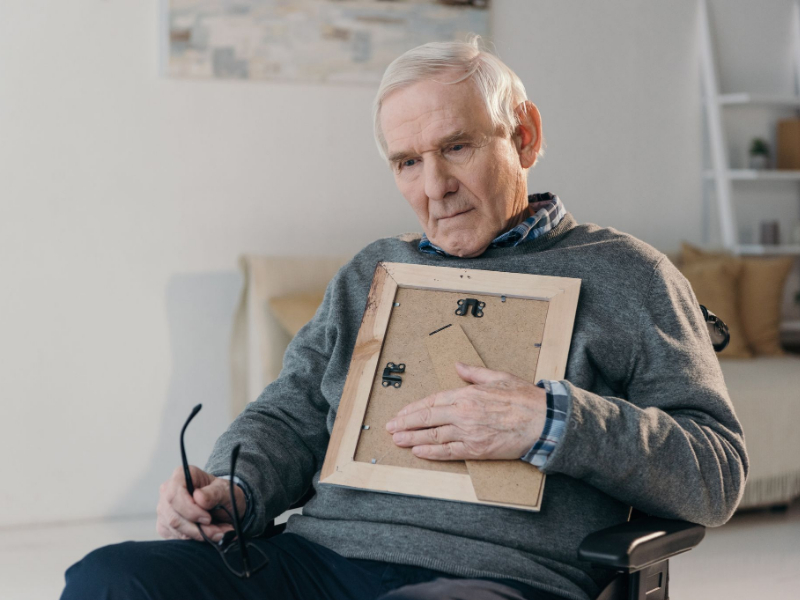
A further study from the CDC explained it’s findings on seniors aged 50 and above being socially isolated or lonely in ways that put their health at risk. That study found that:
- Social isolation significantly increased a person’s risk of premature death from all causes, a risk that may rival those of smoking, obesity, and physical inactivity.
- Social isolation was associated with about a 50% percent increased risk of dementia.
- Poor social relationships was associated with a 29% increased risk of heart disease and a 32% increased risk of stroke.
- Loneliness was associated with higher rates of depression, anxiety, and suicide.
- Loneliness among heart failure patients was associated with a nearly 4 times increased risk of death, 68% increased risk of hospitalization, and 57% increased risk of emergency department visits.
How Do You Stop Or Prevent Social Isolation?
Visit your doctor so that they could assess your risk for social isolation and loneliness. Based on your assessment they may recommend a home care or home health agency.
We recommend looking into full suite agencies that perform the functions of both a home care and home health care agency so that you have everything you need all in one place.
This is important because statistics show that nearly all adults aged 50 and older interact with a health care system in some way. For some, a simple doctor appointment or visit from their home health nurse maybe one of the few social interactions that individual might have.
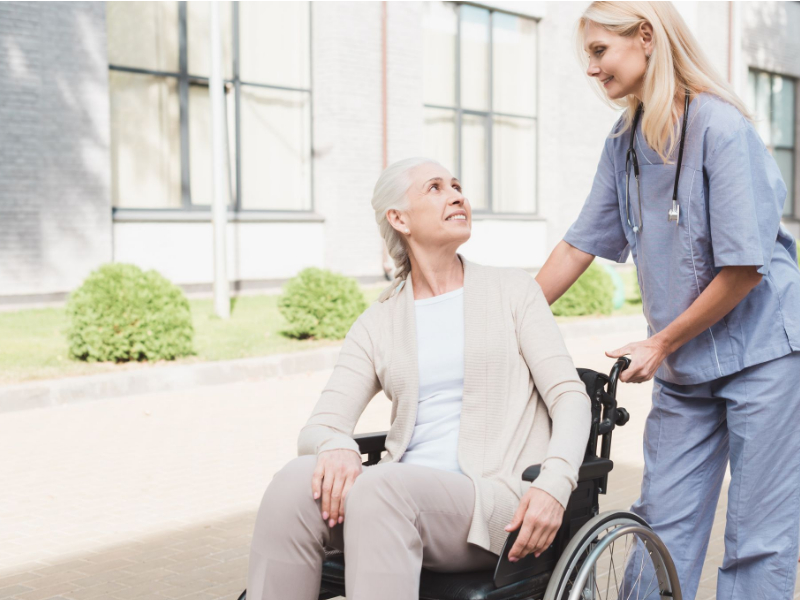
This represents a unique opportunity for clinicians to identify people at risk for loneliness or social isolation with the help of a home health care agency reporting on their daily lives.
At JanCare Private Health Services our professional caregivers are trained to interact with the elderly and to reduce social isolation by engaging with seniors at home.
Our goal at JanCare is to have our seniors remain in their home and live a healthy lifestyle as they age. We understand our clients’ needs and lifestyles. In addition to assisting our clients with physical needs, our caregivers will play cards, sing-along, read, listen to music, take walks with their client and provide companionship.
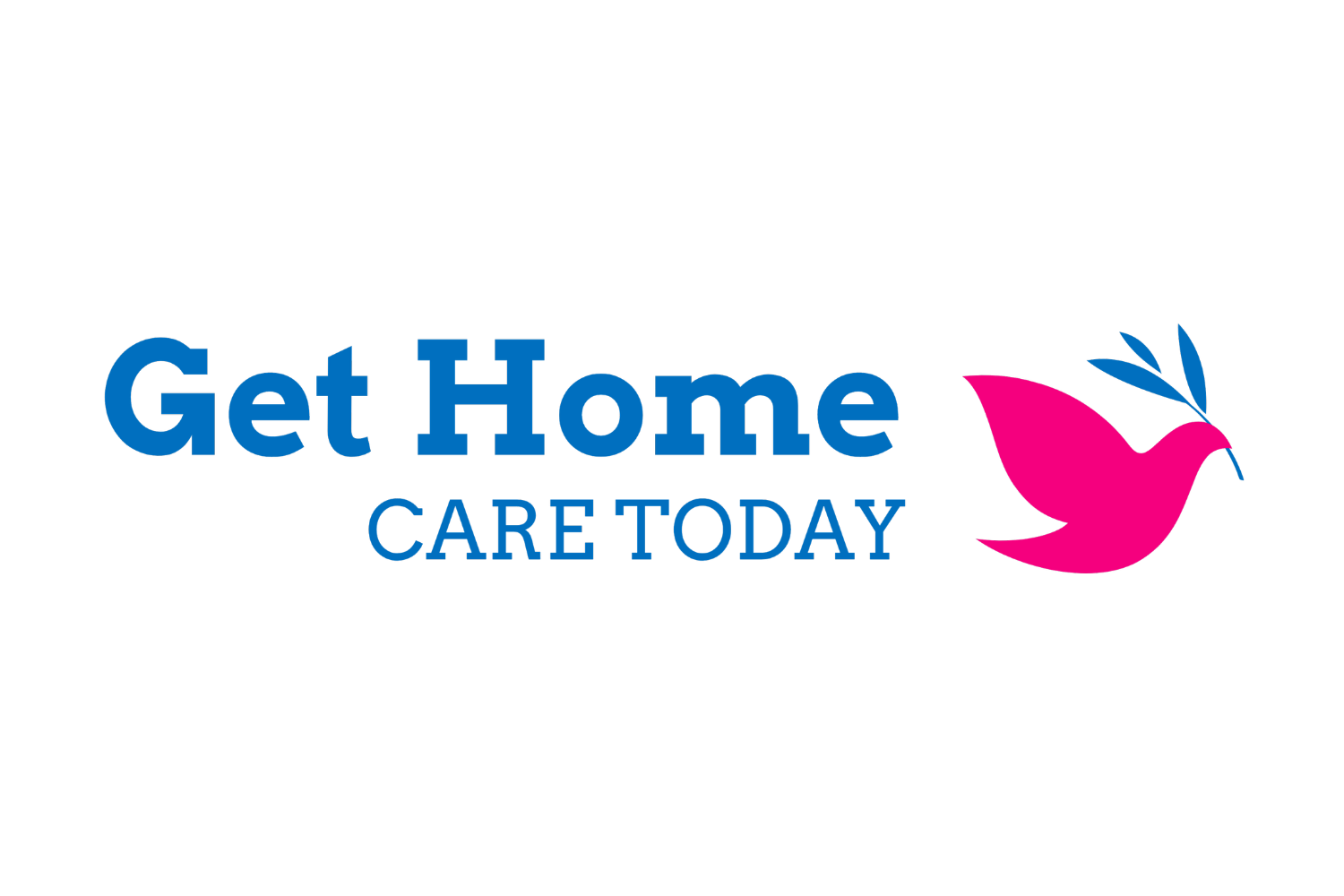
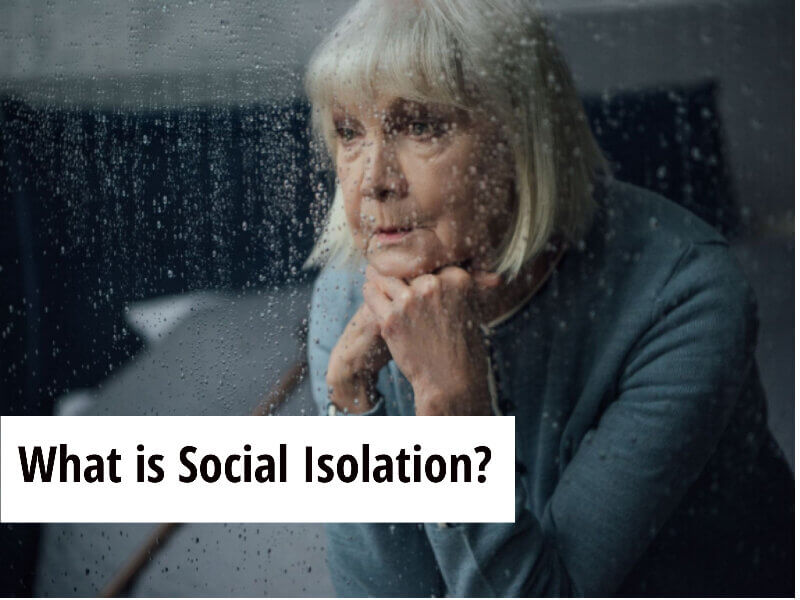
Howdy! This article could not be written much better! Looking at this post reminds me of my previous roommate! He always kept preaching about this. I most certainly will send this article to him. Fairly certain he will have a very good read. I appreciate you for sharing!
Thank you for the kind words!